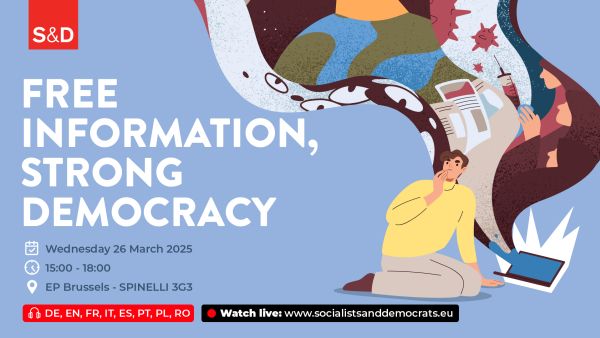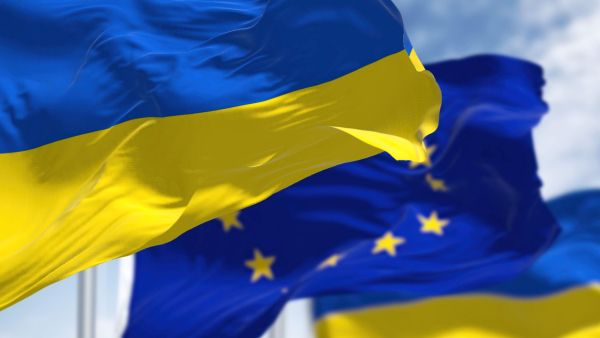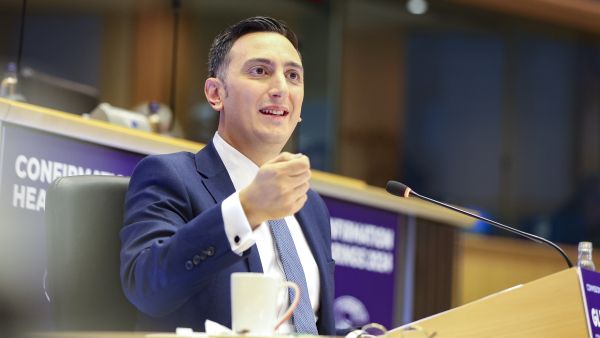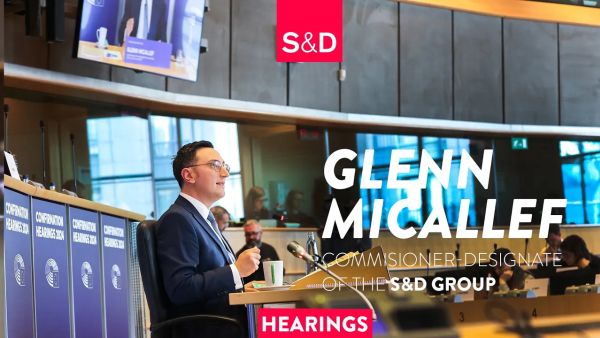Today, the European Parliament backed an agreement reached with the EU Council to update the existing Directive on the provision of audiovisual media services in light of changing market realities (AVMSD). So far the law only covered classic television and on-demand services. It will now regulate all audiovisual media including video services on the internet.
The review strengthens the protection of minors from violent or harmful content, as well as hate speech, by introducing a clear responsibility for video-sharing platforms (e.g.YouTube) and also social media (e.g. Facebook and Instagram).
The compromise also guarantees a barrier-free access to online services, a quota of European works of 30% in video-on-demand catalogues, a clear identification of works as “European” in streaming-services such as Netflix, and an obligation to transparency for commercial communication, sponsoring and product placement, e.g. in YouTube videos.
S&D MEP Petra Kammerevert, one of the two European Parliament negotiators on the issue, said:
“For us it was of particular importance to align protection standards for online services with the standards for traditional TV broadcasters, as they nowadays reach a similar range of coverage. This is why the alignment of the transparency regulations for commercial communication of online channels was one essential aspect of negotiation.
“Ambitious regulations regarding barrier free access and media competencies were further S&D concerns as well as the online protection of minors: The reform guarantees that minors will be protected against dangerous and not age appropriate content that is freely accessible on the internet, e.g. via the introduction of age-verification systems.”
The S&D spokesperson on culture, Silvia Costa MEP, said:
“The changes introduced to the Directive brings it up-to-date to new technologies and creates a level-playing field for all companies providing audio-visual content, from traditional TV to services on demand, video-sharing platforms and social networks.
“Besides ensuring a 30% minimum threshold for European content, member states will be now able to require media service providers to make financial contributions to national funds or direct investment in original content in order to stimulate an already thriving cultural industry. Finally, I am very happy that our proposals on protection of minors also on platforms have been incorporated.”
Note to editors: Member states will have 21 months to implement the Directive into national legislation once the Directive is published and enters into force.








